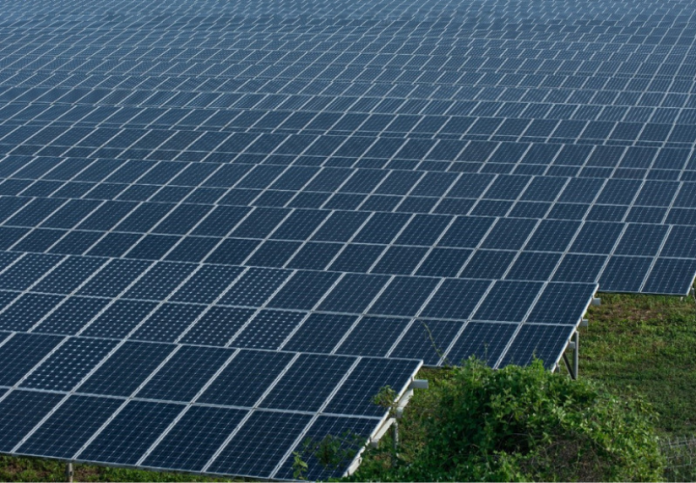The Treasury Department and the Internal Revenue Service (IRS) issued guidance this week that extends safe harbor provisions for non-residential solar projects under Section 48 of the investment tax credit (ITC). This addresses impacts from the COVID-19 pandemic, which included project delays and supply shortages, that prevented some large projects from meeting deadlines to secure tax credits.
“The COVID pandemic disrupted supply chains, created significant permitting delays and jeopardized the timely completion of many renewable projects,” said Gregory Wetstone, president and CEO of advocacy group American Council on Renewable Energy (ACORE). “Today’s IRS notice aimed at mitigating those COVID-related impacts is a welcome development and will go a long way toward ensuring these important clean energy projects get done.”
The new IRS guidance extends the safe harbor from four to six years for projects that began construction from 2016 to 2019. Safe harbor was extended from four to five years for projects that began construction in 2020.
The notice also provides a new choice to demonstrate continuous work, known as a continuity requirement, on a project, providing for the ability to utilize one of two standards, regardless of how an earlier decision was made on how to commence construction.
“Many solar companies have faced significant disruptions to their project timelines due to COVID-19, and this new notice from the IRS will give them much-needed breathing room to complete these projects,” said Abigail Ross Hopper, president and CEO of advocacy group Solar Energy Industries Association (SEIA). “Over the last year and a half, the pandemic disrupted supply chains, shipping and construction operations, permitting processes and financing timelines. Without clarity on safe harbor rules from the IRS, some of these solar projects, and the local economic benefits they bring, would not have made it across the finish line. Businesses now have the certainty they need to keep these projects moving forward, and we thank our federal leaders at the Treasury Department for making this decision.”






